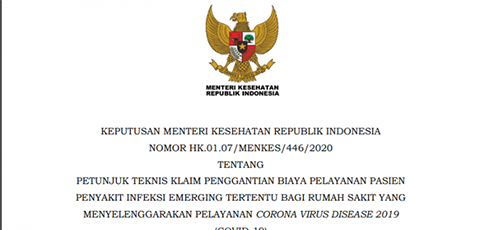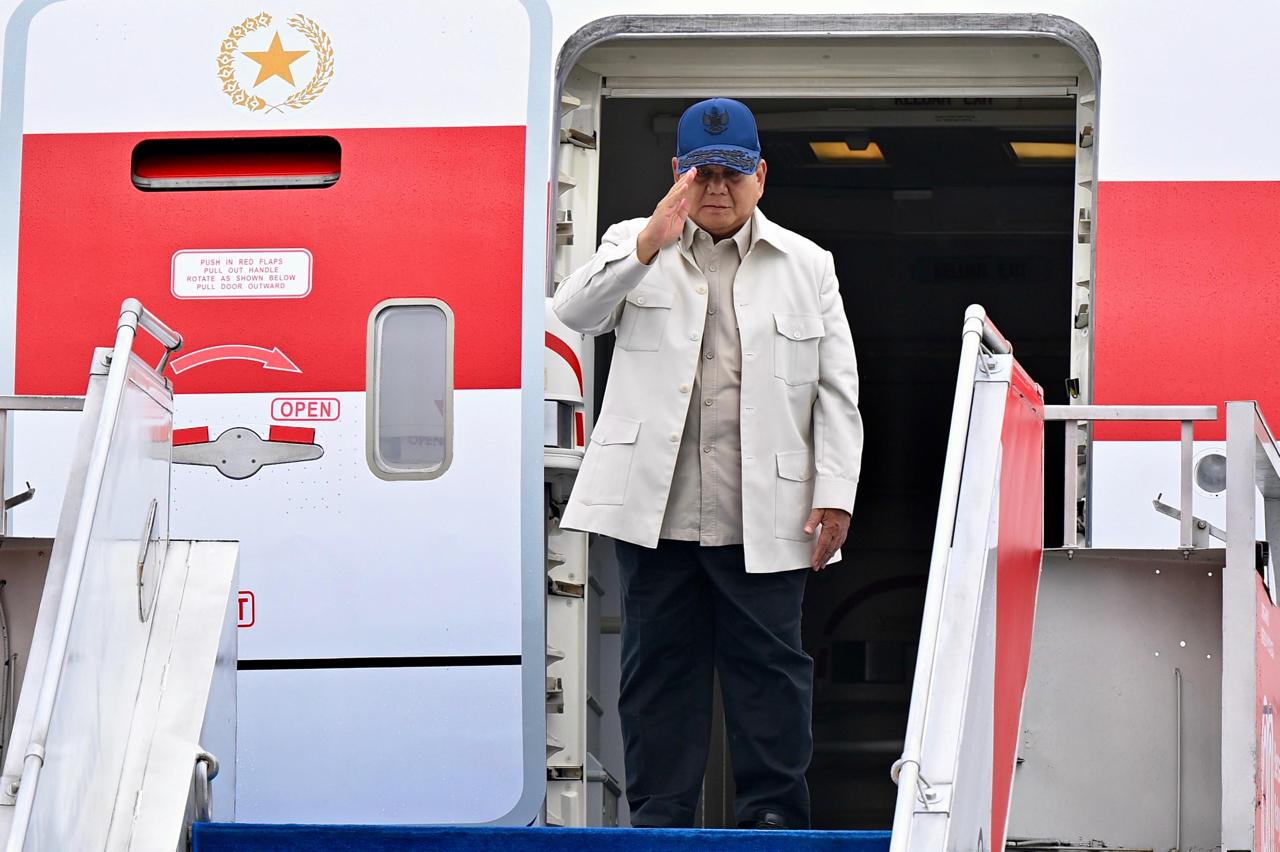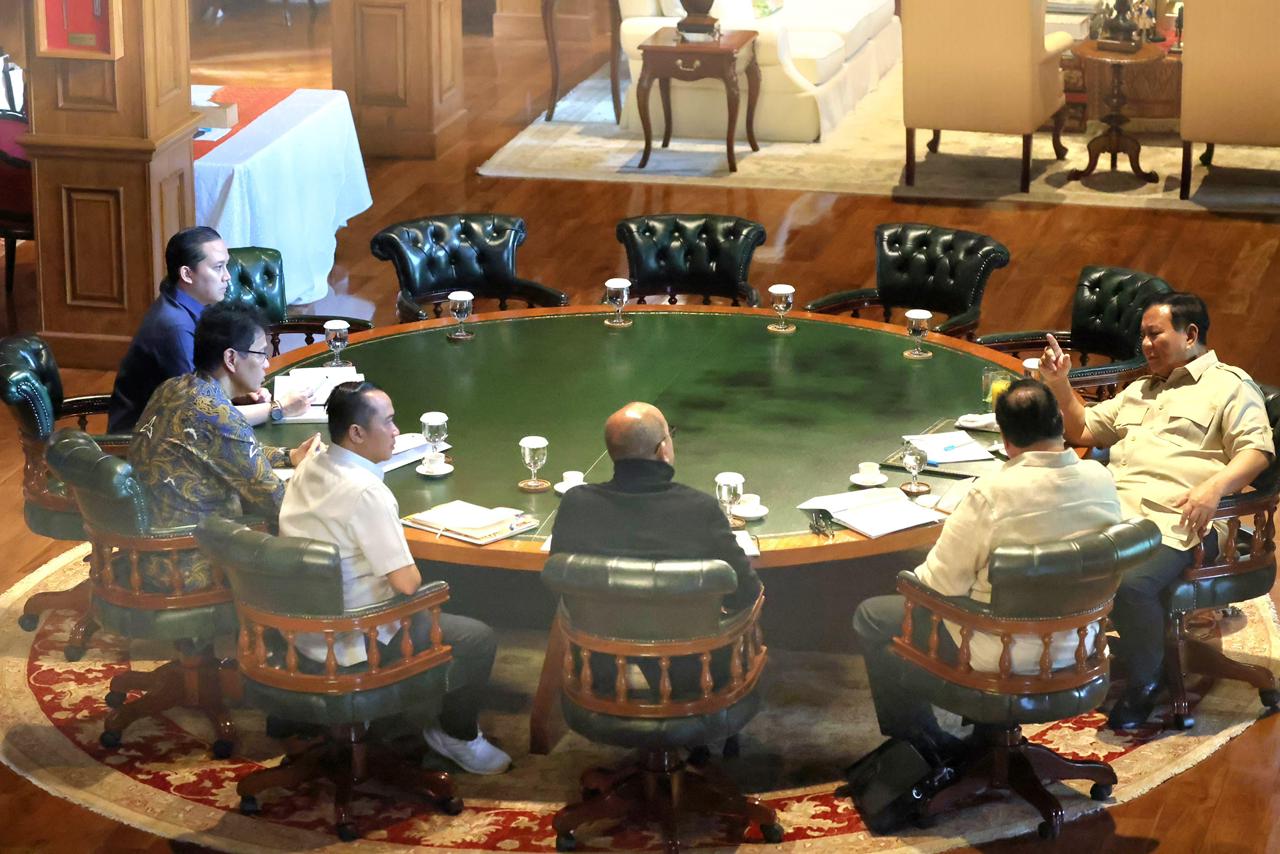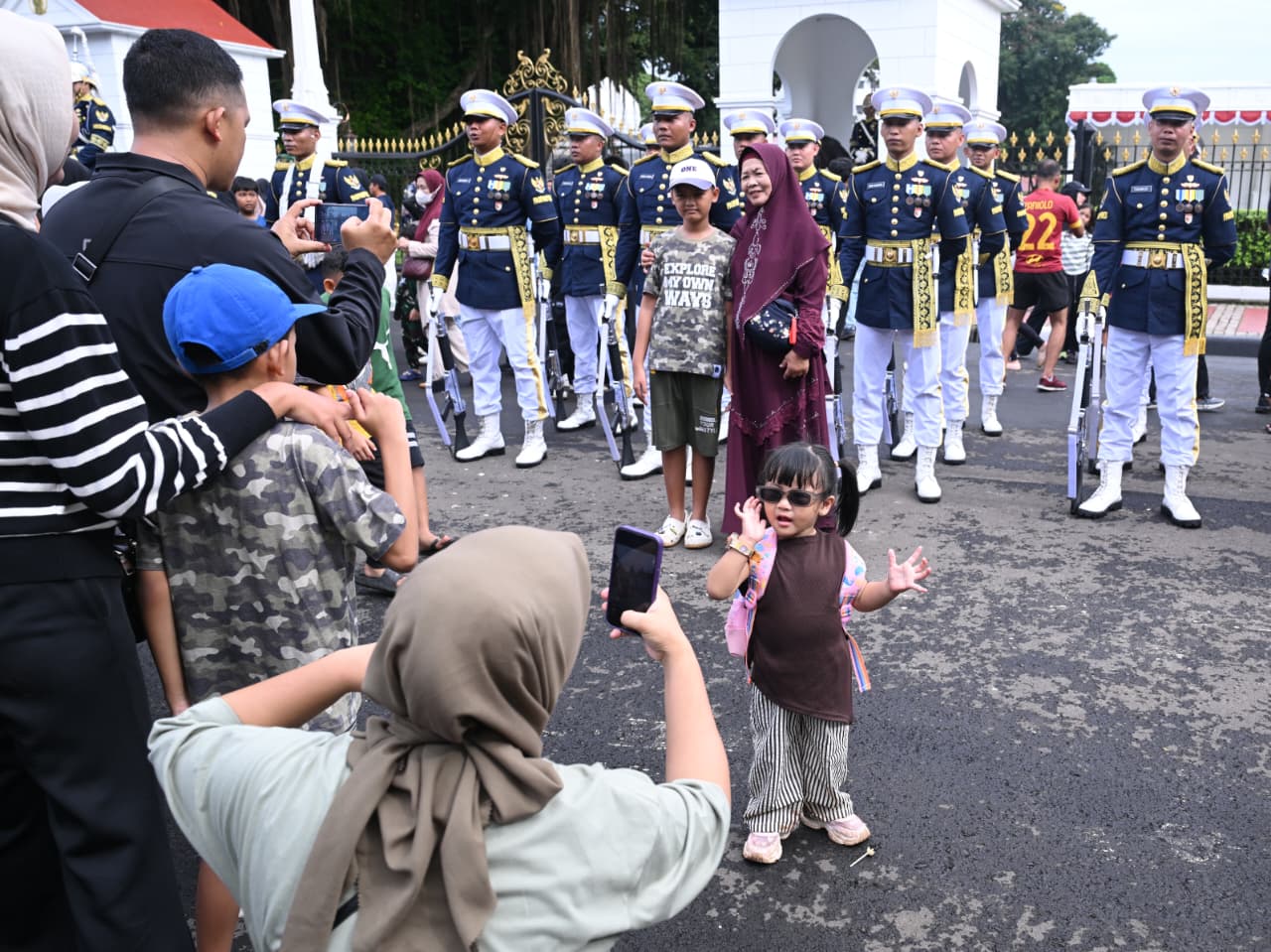Health Minister Issues New Guidelines for COVID-19 Treatment Cost Reimbursement

A screenshot of Decree of Minister of Health number HK.01/07/MENKES/446/2020.
Minister of Health Terawan Agus Putranto has issued Decree number HK.01/07/MENKES/446/2020 on reimbursement procedures for hospitals treating COVID-19 cases.
The new Decree stipulates the roles and functions of Ministry of Health, Social Security Agency for Healthcare (BPJS Kesehatan), local and regional health offices, and hospitals.
The Decree is in line with Decree of Minister of Health number HK.01.07/MENKES/413/2020 on the guidelines for prevention and control of COVID-19. The Decree adopted new terms namely suspect case, probable case, confirmed case, comorbidity, complication, and co-incidence.
The payment for patients with certain emerging infectious diseases, including COVID-19, can be reimbursed by Ministry of Health through the Director General of Health Services. The reimbursement applies to patients treated in hospitals that provide certain emerging infectious disease services.
Criteria for the reimbursement are as follows:
- Criteria for outpatients.
- Suspected patients with or without comorbidity should provide evidence of routine blood laboratory test and chest x-ray images. The chest x-ray is excluded for pregnant women and patients with certain medical conditions, including mental disorder and anxiety, as evidenced by a written statement from medical doctor.
- COVID-19 confirmed patients with or without comorbidity should provide evidence of the results of rapid test-PCR laboratory test from hospitals or from other health care facilities.
- Criteria for inpatients.
- Suspected patients who are 60 (sixty) years old with or without comorbidity, patients who are younger than 60 (sixty) years old with comorbidity, and patients with severe acute respiratory infection (ARI)/severe pneumonia who need hospital care and without other causes based on clinical analysis.
- Probable patients.
- Confirmed patients.
1) Asymptomatic confirmed patients, who do not have facilities for self-isolation at their residence or public facilities prepared by the Government as evidenced by a written statement from the head of the community health center (Puskesmas).
2) Confirmed patients without symptoms and with comorbidity.
3) Confirmed patients with mild, moderate, or severe/critical symptoms.
- Suspected/probable /confirmed patients with co-incidence
The criteria for outpatients and inpatients apply to Indonesian citizens and foreign citizens, including health workers and workers who have contracted COVID-19 due to work, who are treated in hospitals in the territory of the Republic of Indonesia.
The patient’s identity can be proven by:
- For foreigners: passport, temporary stay permit (KITAS) or UNHCR identification number.
- For Indonesian citizens: citizenship identification number (NIK), family card, or a written statement from the village.
- For displaced persons: a written statement from the social service.
- In the event that the identity documents cannot be provided, proof of identity can be a written statement on patient data signed by the head of local health offices and stamped by the local health offices. The statement is requested by the hospital to the local health offices.
Local or regional health offices should prepare a list of COVID-19 patients in their respective area or review the list of patients through the Public Health Emergency Operating Center (PHEOC)
- In the event that the documents cannot be provided, proof of identity can be a guarantee letter from head of the hospital.
Hospitals that can claim COVID-19 treatment costs are referral hospitals for handling certain emerging infectious diseases, and other hospitals that have facilities for COVID-19 patients, including field hospitals/ emergency hospitals.
Services that can be covered in handling COVID-19 patients include service administration, accommodation (rooms and services in the emergency room, inpatient rooms, intensive care rooms, and isolation rooms), doctor services, surgery, the use of ventilators, laboratory diagnostic and radiology according to medical indications, medical consumables, medication, medical devices including personal protective equipment, ambulance, human corpse handling and other health services according to medical indications. (Public Relations of Ministry of Health / EN)
Translated by: Ridwan Ibadurrohman
Reviewed by: Mia Medyana








